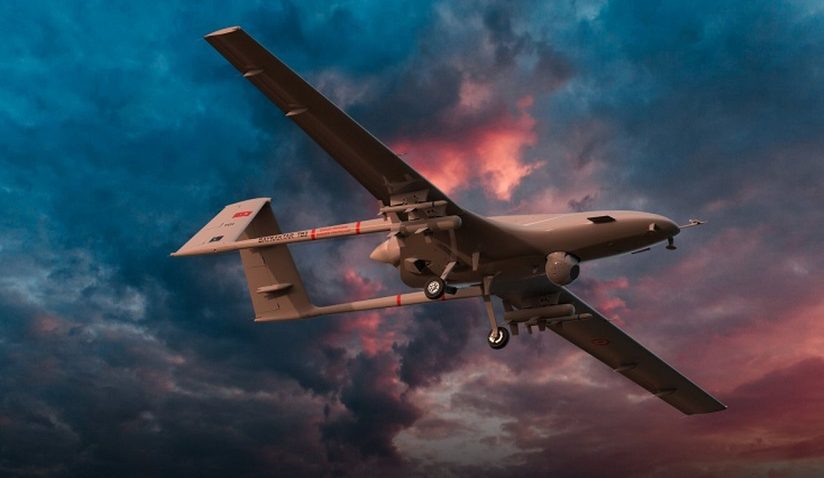Many countries in the world, including Arab countries, have not received the weapons they bought from the West, and the delivery process could take years, due to Russia’s war against Ukraine. It will be very difficult to get new agreements as the war escalates, as Western countries want to keep the weapons. This new situation favours third countries such as Turkey and China.
Arab countries are at the top of the ranking of countries that buy a lot of arms, such as the United Arab Emirates, Saudi Arabia, Algeria, Morocco, and Egypt. Arab countries suffer from unfair conditions imposed by the West in arms contracts: the West does not sell certain weapons to the Arab world to ensure Israel’s military supremacy. It sells the Arabs secondary versions or copies that are not as effective as those available to Western armies, and here are some examples: the F-16 fighters owned by Turkey, Egypt, Morocco, and the United Arab Emirates are considered inferior to those of the US military, as well as those of Western European armies such as Poland, Greece, and the Netherlands.
In addition to the poor efficiency of the weapons purchased by the Arabs, there is another obstacle, namely that the Arab countries will not receive the weapons in the agreed time frame, including military ammunition. Western countries fear that the war in Ukraine will spread to European countries such as Poland. In that case, we will be facing an open war between Russia and NATO. This fear leads Western countries to increase their production of weapons and ammunition, they want to have enough stock. As a result, it will not conclude any new arms contracts, but will delay the delivery of weapons already agreed upon. This is similar to what happened during the Coronavirus pandemic, when countries passed laws that prioritized medical production in their own countries over agreements with other countries.
French, Spanish, Italian, and German companies have admitted to freezing arms sales, including munitions, to some Arab countries. This follows earlier controls on exports to the Persian Gulf because of the war in Yemen. In this regard, European governments have pledged to reduce ammunition sales and monitor their use because of the crimes against humanity committed during that war.
Several European military commanders have reported shortages of military ammunition stocks. This is why European countries do not supply the Ukrainian army with many weapons. The Pentagon is still the only one generously supplying arms to Ukraine.
Faced with this military challenge, Arab countries, including Moscow’s clients such as Algeria, are turning to two countries, Turkey and China, to obtain arms, including ammunition. Turkey is taking advantage of this global arms shortage to sign multiple deals with Arab countries, such as Algeria and Morocco, and to become a key country in international arms sales.
Turkey is taking advantage of the fact that the US Congress is blocking certain arms contracts with certain Arab countries, such as the United Arab Emirates, Saudi Arabia and Morocco. These countries have turned to Turkey to buy weapons, including drones, and ammunition. Due to the war in Ukraine, the importance of Turkey’s military industry for these three Arab countries and others is increasing. Turkey produces ammunition for many Western weapons, including those held by Arab armies, which contributes to the increased demand for Turkish products. The growing demand for Turkish weapons will contribute to the development of the Turkish military industry, as it will have enough money to invest in new weapons prototypes.
For its part, China will take advantage of this situation by signing more arms contracts with Arab countries. China will be the big winner in the medium term, because it presents itself as a reliable partner in arms contracts.
This new global arms situation will have a negative impact on the Gulf Arab states because of the war in Yemen. They are suffering greatly from the war against the Houthi forces, so how will they fare in the face of a major shortage of military ammunition? The Houthi forces, aware of this situation, have begun to threaten to resume violent attacks against Saudi Arabia and the United Arab Emirates, mainly against oil installations.
Consequently, the war in Ukraine is leading to major changes in global arms contracts and will therefore have important geopolitical repercussions. Because the country that sells arms consolidates its international influence. The world is watching as China and Turkey become major players in international politics. For example, any contract signed by an Arab country, a US ally, with China, means that Washington is losing influence.

